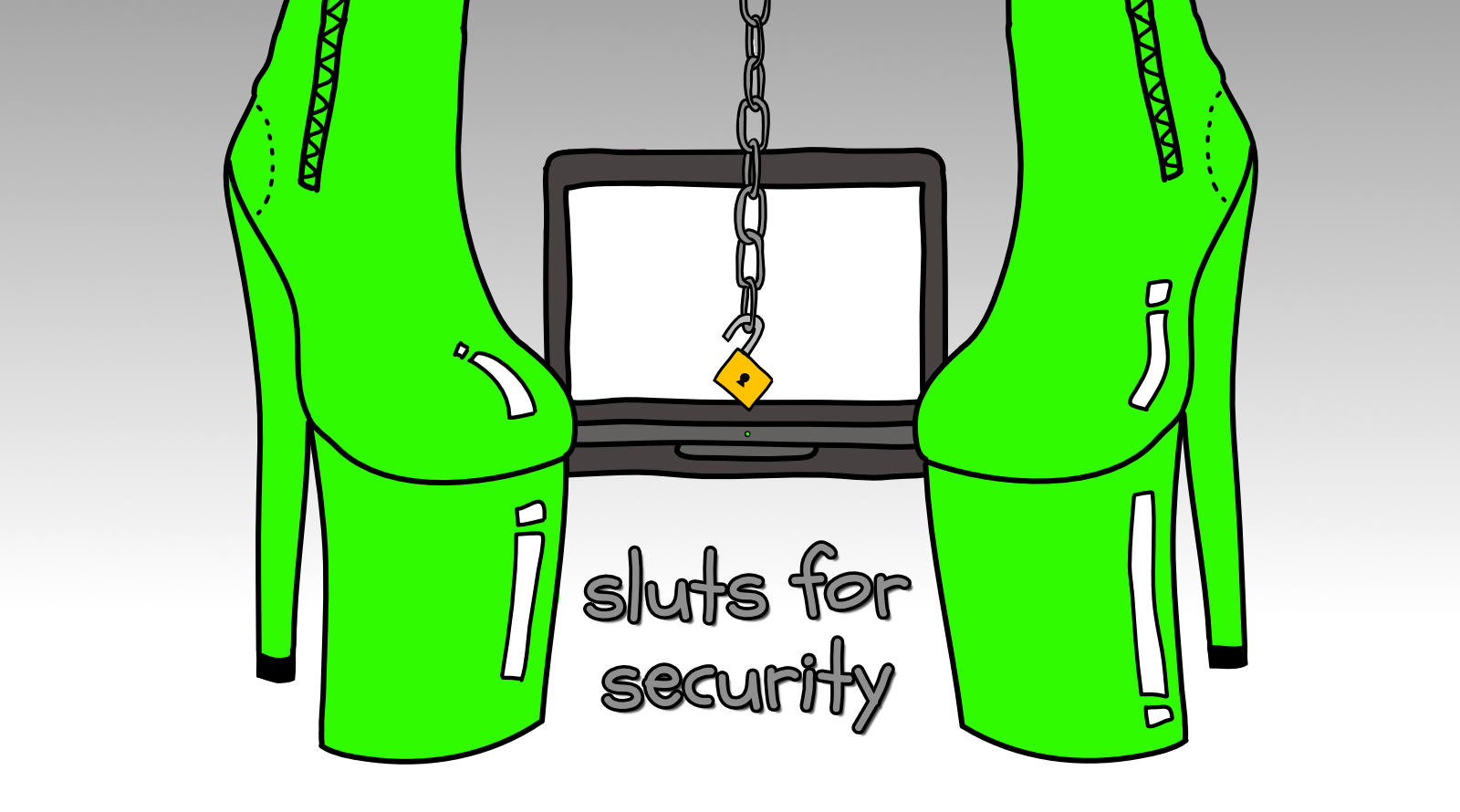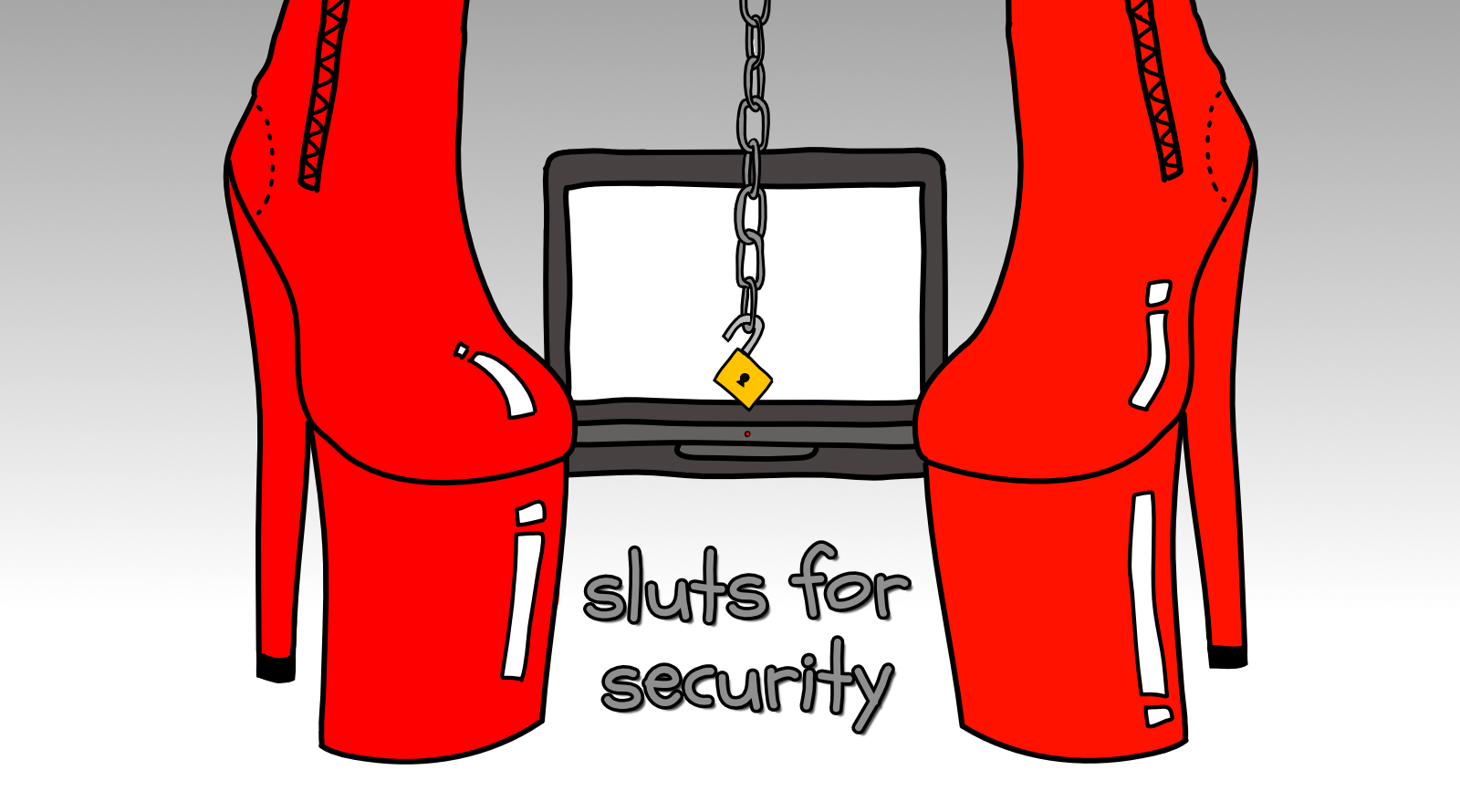Hackers love bugs. Not the creepy kind – though a few probably are into entomology – but computer bugs. Bugs are flaws in computer software that allow hackers to do their thing.
By taking advantage of a mistake in your device's operating system or the applications bundled with it, a hacker can install their own software to monitor what you do on your device, listen in on your conversations, copy photos or video out of the device, and much more.
Apple, Google, and Microsoft regularly release software updates to fix these flaws as they find them, so you should install them ASAP instead of ignoring them!
What's an operating system?
Heard of iOS? Windows? Android? macOS? These are operating systems. Think of your device like a set of nested dolls. The big doll is your computer or smartphone, the doll inside that one is the firmware that allows the device to turn on and load software, the doll inside that is your operating system and the small doll inside the operating system are your applications.
The operating system may come with applications (e.g: a calculator, a calendar, a file manager, etc.) but the operating system's core function is to provide a base for applications to exist. It means programmers don't have to craft bespoke code for every single application to handle every little thing that app needs to function. Instead, they build on top of the operating system's code to do the basics that multiple apps need, like network connectivity, file storage, memory management, and displaying graphics on the screen.
Why do I need to constantly update an operating system?
You'd think that in over 40 years of personal computing (macOS went on sale in 1984 for Christ's sake) the industry would have figured out how to solve the problem and make a really good operating system. Instead, not only do we keep making new ones, we keep finding stuff wrong in the old ones people are still using.
Because every device has some sort of operating system installed, a vulnerability in an operating system or an application that's bundled with the operating system is extremely juicy. There's literally huge sections of government spy agencies digging around various operating systems looking for flaws they can keep to themselves and use against people they don't like. There are also hackers doing the same thing, either to sell that knowledge to spies, use it themselves to commit theft and fraud on an epic scale, or if they're nice people, tell the operating system maker about it and get a pat on the head and a modest pay day for their efforts.
Luckily, the creators of these operating systems do keep a very watchful eye on any vulnerabilities that develop, and do their best to release updates to fix them as soon as possible. For this reason it's important to install those updates as soon as possible too. By installing the updates, along with using strong passwords and multi-factor authentication (it wouldn't be a Sluts for Security post without mentioning MFA!), you're reducing the ways a hacker can fuck your shit up.
Don't operating systems make my phone slower or change how the computer works?
I don't want to derail this article with a rant about planned obsolescence, but operating systems get so bloated with new features that older devices simply can't cope. In general, minor updates (like going from iOS 16.1 to iOS 16.2) are important to install, as they fix known flaws that hackers could be taking advantage of.
Major updates (e.g: Windows 10 to Windows 11) can introduce new features, but also take away some you might enjoy using. The major vendors are getting better at retrospectively applying bug fixes to older operating systems, but eventually you'll need to buy a new device simply to get an operating system that is supported by the vendor with fixes for bugs that the old operating system won't ever receive.
My device doesn't get software updates anymore, is this bad?
To be blunt – yes. It's generally a bad idea to be on a device that has internet access that isn't fully updated against the latest known vulnerabilities in the software it is running. Not using a currently supported operating system leaves you exposed. If there's an iMessage or Safari vulnerability for example, it could give hackers access to your phone via simply sending a message or visiting a website, as Apple is unlikely to fix any issues a hacker might discover because they think the device is "too old". Same goes for a flaw in Android or Windows.
How do I update my device’s operating system?
Some people prefer to wait before applying an update and research the changes in them to make sure it won't break any of their workflows or the apps they use.
That’s fine if you’ve got time and knowledge to dedicate to that hobby, but for most people it's strongly recommended to enable automatic updates on your operating system at least.
With automatic updates enabled you don't have to think about it, the device just updates itself in the background. This ensures you're protected against the latest vulnerabilities as soon as they're made public.
Here’s instructions on how to turn on updates, or manually apply an update for the most popular operating systems:
Got a tech question for Ada? She wants to hear from you!
Ada answers all your questions about tech, the online world, and staying safe in it. No question is too silly, no hypothetical is too far-fetched! Learn to leverage devices, systems, and platforms to your benefit.





